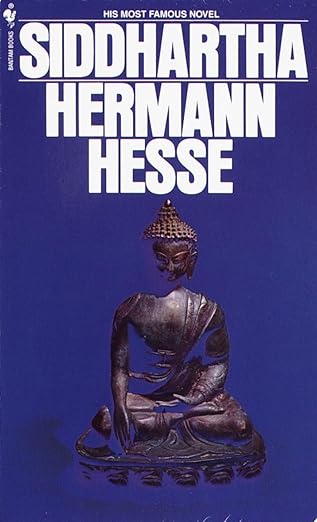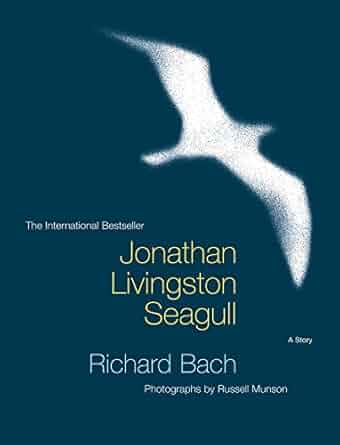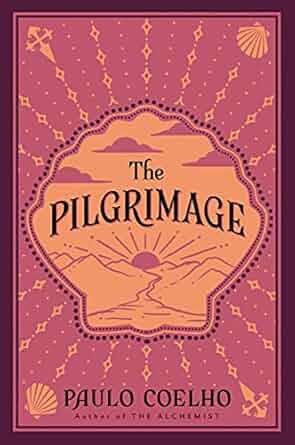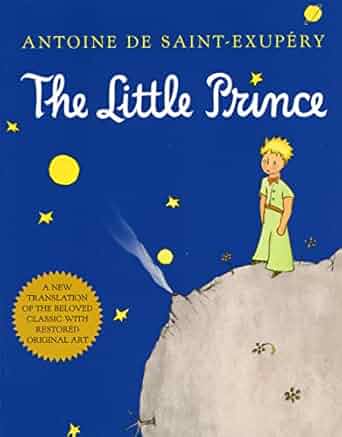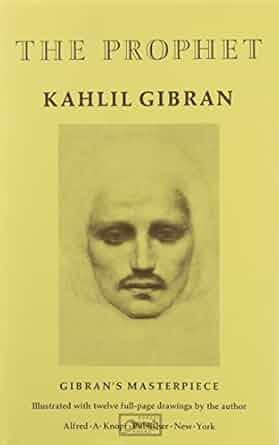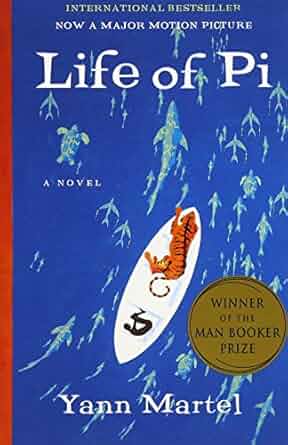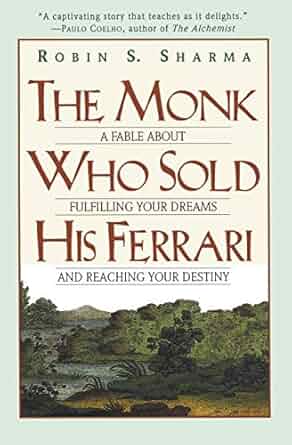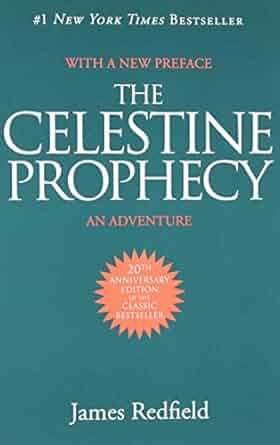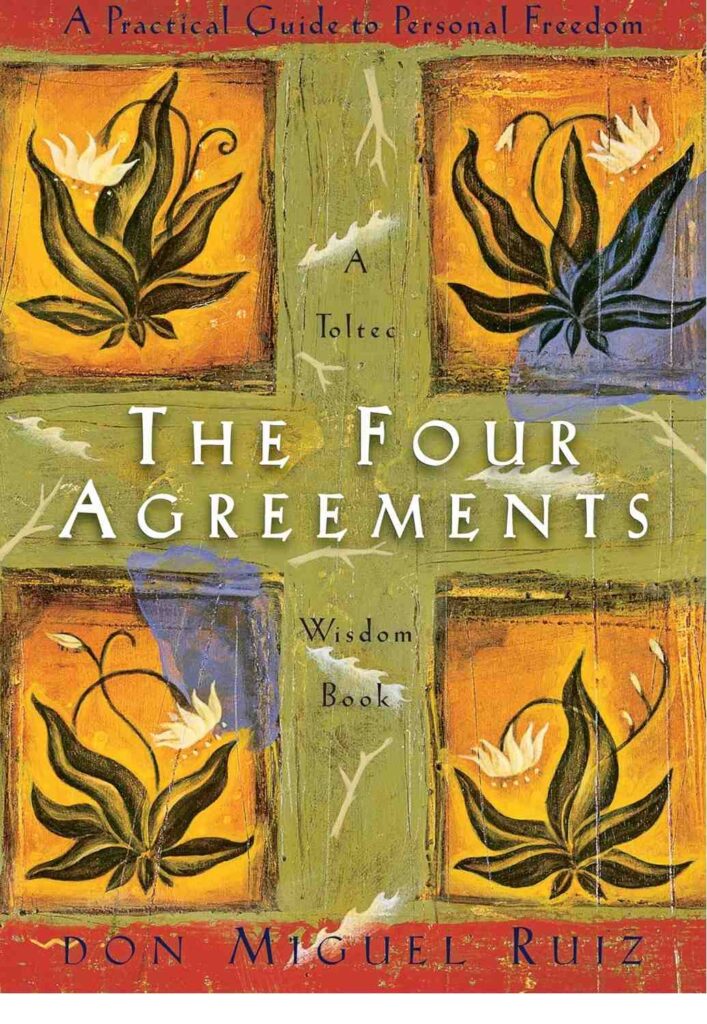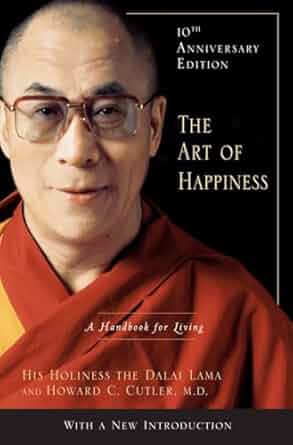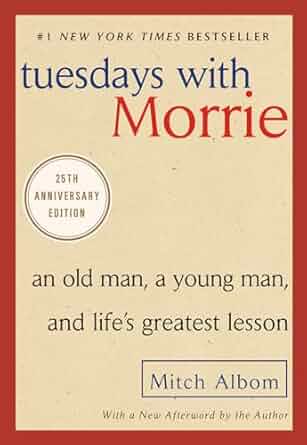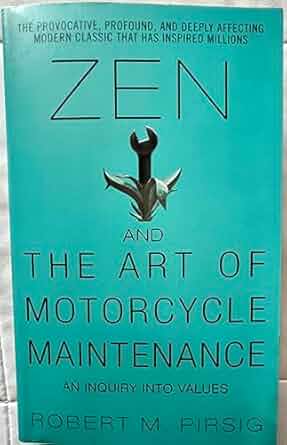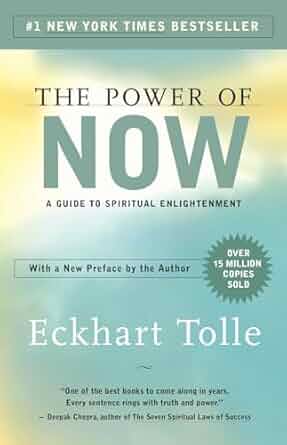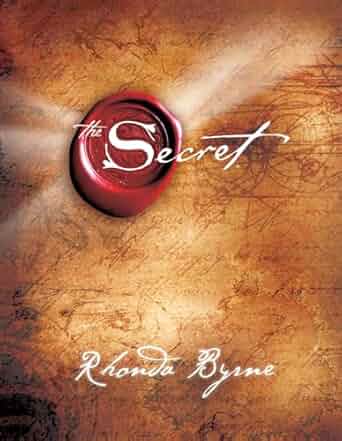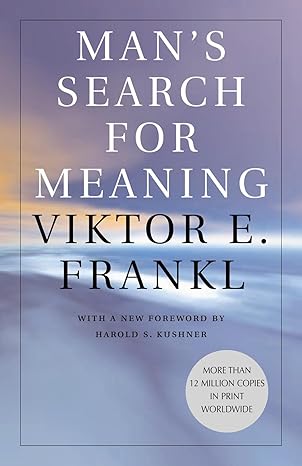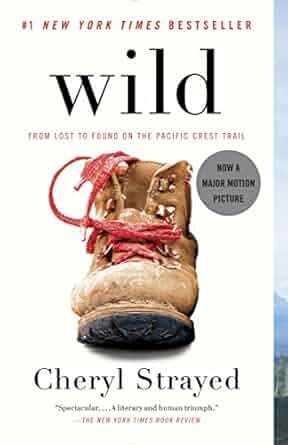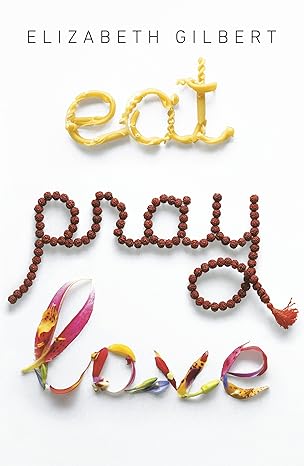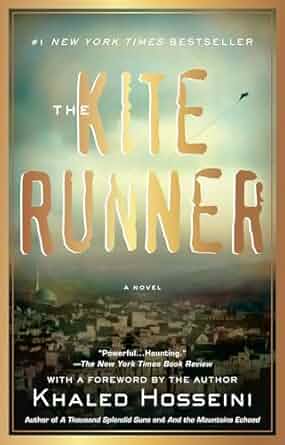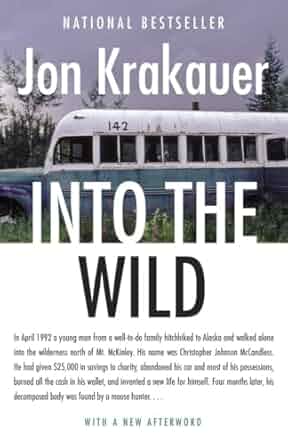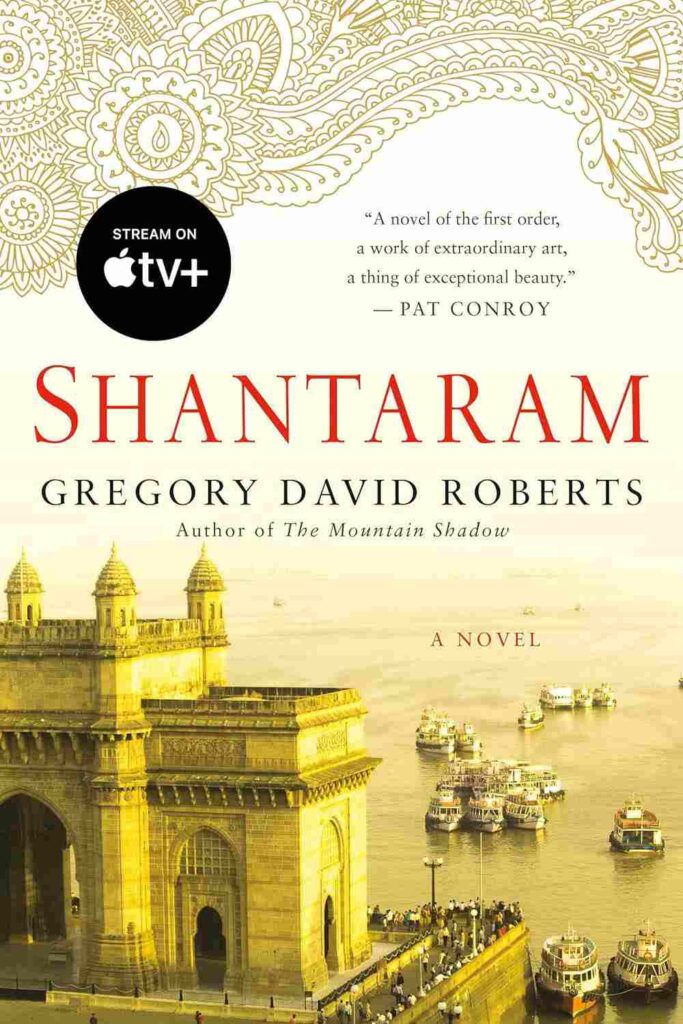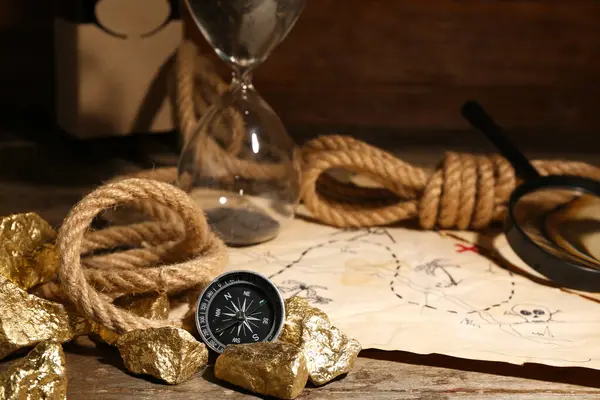Summary: In today's article, I have gathered 20 of the best books similar to the alchemist that will resonate with fans of timeless, soul-stirring adventures. Here are my top 3:
- Siddhartha by Hermann Hesse
- Jonathan Livingston Seagull by Richard Bach
- The Pilgrimage by Paulo Coelho
Books like The Alchemist explore self-discovery, spiritual growth, and pursuing dreams. Titles such as Siddhartha, Jonathan Livingston Seagull, and The Pilgrimage inspire reflection and offer meaningful insights to help navigate life’s challenges and discover your purpose.
TOP 20: Best Books Similar to The Alchemist
- Siddhartha by Hermann Hesse
- Jonathan Livingston Seagull by Richard Bach
- The Pilgrimage by Paulo Coelho
- The Little Prince by Antoine de Saint-Exupéry
- The Prophet by Kahlil Gibran
- Life of Pi by Yann Martel
- The Monk Who Sold His Ferrari by Robin Sharma
- The Celestine Prophecy by James Redfield
- The Four Agreements by Don Miguel Ruiz
- The Art of Happiness by Dalai Lama XIV and Howard Cutler
- Tuesdays with Morrie by Mitch Albom
- Zen and the Art of Motorcycle Maintenance by Robert M. Pirsig
- The Power of Now by Eckhart Tolle
- The Secret by Rhonda Byrne
- Man's Search for Meaning by Viktor E. Frankl
- Wild by Cheryl Strayed
- Eat, Pray, Love by Elizabeth Gilbert
- The Kite Runner by Khaled Hosseini
- Into the Wild by Jon Krakauer
- Shantaram by Gregory David Roberts
1. Siddhartha
- Author: Hermann Hesse
- About: This novel follows Siddhartha, a young man on a spiritual journey during the time of the Buddha, seeking enlightenment and self-discovery.
- Style of Writing: Philosophical and reflective, with rich descriptions and introspective dialogue.
- Length: Approximately 42,000 words.
- Year Written: 1922.
- Emotional Impact: Profound and contemplative, leaving readers with lasting reflections on life's purpose.
- Difficulty Level: Moderate; accessible language with deep philosophical themes.
- Why Read It: Offers timeless insights into the human quest for meaning and the nature of enlightenment.
2. Jonathan Livingston Seagull
- Author: Richard Bach
- About: An allegorical tale of a seagull named Jonathan who strives to transcend the ordinary and learn about the art of flying, symbolizing self-improvement and the pursuit of higher purpose.
- Style of Writing: Simple and poetic, complemented by black-and-white photographs.
- Length: Approximately 10,000 words.
- Year Written: 1970.
- Emotional Impact: Inspiring and uplifting, encouraging readers to pursue their dreams.
- Difficulty Level: Easy; straightforward narrative with profound messages.
- Why Read It: Encourages breaking free from limitations and embracing one's true potential.
3. The Pilgrimage
- Author: Paulo Coelho
- About: An autobiographical account of Coelho's journey along the Camino de Santiago, blending adventure with reflections on personal growth and spirituality.
- Style of Writing: Narrative and introspective, with mystical and philosophical undertones.
- Length: Approximately 67,000 words.
- Year Written: 1987.
- Emotional Impact: Thought-provoking and motivational, inspiring readers to embark on their own spiritual journeys.
- Difficulty Level: Moderate; engaging storytelling with deep spiritual insights.
- Why Read It: Provides a profound exploration of self-discovery and the importance of following one's path.
4. The Little Prince
- Author: Antoine de Saint-Exupéry
- About: A poetic tale of a young prince's adventures on various planets, exploring themes of love, loss, and human nature.
- Style of Writing: Simple, lyrical, and allegorical, often appealing to both children and adults.
- Length: Approximately 16,000 words.
- Year Written: 1943.
- Emotional Impact: Deeply moving and nostalgic, leaving a lasting impression about the nature of relationships and life's priorities.
- Difficulty Level: Easy to read but layered with profound meaning.
- Why Read It: Offers timeless wisdom about love, friendship, and the human condition.
5. The Prophet
- Author: Kahlil Gibran
- About: A collection of poetic essays on life’s key aspects, such as love, freedom, and work, told through the words of a prophet.
- Style of Writing: Poetic, philosophical, and deeply metaphorical.
- Length: Approximately 10,000 words.
- Year Written: 1923.
- Emotional Impact: Profound and inspiring, often cited as a spiritual classic.
- Difficulty Level: Moderate; requires careful reading to absorb its depth.
- Why Read It: Provides timeless insights into the human experience through eloquent prose.
6. Life of Pi
- Author: Yann Martel
- About: The story of a boy stranded on a lifeboat with a tiger, blending survival and spiritual reflection.
- Style of Writing: Richly descriptive and engaging, with elements of magical realism.
- Length: Approximately 100,000 words.
- Year Written: 2001.
- Emotional Impact: Gripping and thought-provoking, leaving readers questioning reality and belief.
- Difficulty Level: Moderate; layered with allegory and philosophical undertones.
- Why Read It: Combines adventure with deep spiritual and existential questions.
7. The Monk Who Sold His Ferrari
- Author: Robin Sharma
- About: A motivational story about a lawyer who gives up material wealth to seek spiritual fulfillment in the Himalayas.
- Style of Writing: Conversational and motivational, with practical lessons.
- Length: Approximately 40,000 words.
- Year Written: 1997.
- Emotional Impact: Encouraging and uplifting, inspiring personal transformation.
- Difficulty Level: Easy; straightforward narrative with actionable insights.
- Why Read It: Offers practical wisdom for living a meaningful and balanced life.
8. The Celestine Prophecy
- Author: James Redfield
- About: A mystical adventure novel exploring spiritual insights and personal transformation.
- Style of Writing: Narrative-driven with philosophical discussions woven into the plot.
- Length: Approximately 75,000 words.
- Year Written: 1993.
- Emotional Impact: Inspirational, with a sense of wonder and curiosity about life’s mysteries.
- Difficulty Level: Moderate; combines storytelling with spiritual concepts.
- Why Read It: Encourages readers to explore synchronicity and the interconnectedness of life.
9. The Four Agreements
- Author: Don Miguel Ruiz
- About: A practical guide based on Toltec wisdom, offering four principles for achieving personal freedom and happiness.
- Style of Writing: Straightforward and concise, with a conversational tone.
- Length: Approximately 27,000 words.
- Year Written: 1997.
- Emotional Impact: Empowering and thought-provoking, encouraging self-awareness and change.
- Difficulty Level: Easy; accessible to all readers.
- Why Read It: Offers clear and actionable wisdom for improving relationships and living authentically.
10. The Art of Happiness
- Author: Dalai Lama XIV and Howard Cutler
- About: A blend of Eastern philosophy and Western psychology, focusing on achieving happiness through mental training.
- Style of Writing: Insightful and conversational, with practical examples and teachings.
- Length: Approximately 95,000 words.
- Year Written: 1998.
- Emotional Impact: Inspiring and calming, leaving a sense of hope and clarity.
- Difficulty Level: Moderate; combines philosophical depth with practical advice.
- Why Read It: Helps readers find happiness through mindfulness and compassion.
11. Tuesdays with Morrie
- Author: Mitch Albom
- About: A memoir about the author’s visits to his dying college professor, who shares life lessons during their weekly meetings.
- Style of Writing: Heartfelt and personal, with a focus on dialogue and reflection.
- Length: Approximately 42,000 words.
- Year Written: 1997.
- Emotional Impact: Deeply moving and poignant, offering timeless life lessons.
- Difficulty Level: Easy; relatable and accessible to all readers.
- Why Read It: Provides profound insights on living a meaningful and fulfilling life.
12. Zen and the Art of Motorcycle Maintenance
- Author: Robert M. Pirsig
- About: A philosophical exploration of life’s meaning framed by a motorcycle road trip.
- Style of Writing: Introspective and intellectual, blending narrative with philosophical discourse.
- Length: Approximately 174,000 words.
- Year Written: 1974.
- Emotional Impact: Thought-provoking and challenging, leaving a lasting impression on the nature of quality and life.
- Difficulty Level: High; requires patience to navigate philosophical ideas.
- Why Read It: Encourages deep reflection on values, purpose, and the balance between technology and humanity.
13. The Power of Now
- Author: Eckhart Tolle
- About: A spiritual guide to living fully in the present moment and achieving peace of mind.
- Style of Writing: Clear and direct, with practical exercises and insights.
- Length: Approximately 57,000 words.
- Year Written: 1997.
- Emotional Impact: Calming and transformative, fostering a sense of inner peace.
- Difficulty Level: Moderate; requires a willingness to reflect deeply.
- Why Read It: Helps readers break free from mental clutter and embrace the present.
14. The Secret
- Author: Rhonda Byrne
- About: A self-help book centered on the law of attraction and the power of positive thinking.
- Style of Writing: Simple and motivational, with anecdotes and affirmations.
- Length: Approximately 28,000 words.
- Year Written: 2006.
- Emotional Impact: Empowering and optimistic, encouraging readers to reshape their mindset.
- Difficulty Level: Easy; straightforward and accessible.
- Why Read It: Promotes positivity and inspires belief in personal power to shape reality.
15. Man's Search for Meaning
- Author: Viktor E. Frankl
- About: A memoir of Frankl’s experiences in Nazi concentration camps, exploring the psychological quest for meaning.
- Style of Writing: Reflective and poignant, blending narrative with psychological analysis.
- Length: Approximately 45,000 words.
- Year Written: 1946.
- Emotional Impact: Profound and life-changing, highlighting resilience and the search for purpose.
- Difficulty Level: Moderate; deeply emotional and intellectually stimulating.
- Why Read It: Offers powerful insights on finding meaning in suffering and life’s challenges.
16. Wild
- Author: Cheryl Strayed
- About: A memoir about the author’s 1,100-mile solo hike on the Pacific Crest Trail, undertaken as a journey of healing and self-discovery.
- Style of Writing: Vivid, personal, and emotionally raw, with rich descriptions of nature.
- Length: Approximately 114,000 words.
- Year Written: 2012.
- Emotional Impact: Inspiring and cathartic, leaving a deep impression of perseverance and transformation.
- Difficulty Level: Easy to moderate; engaging storytelling with emotional depth.
- Why Read It: Encourages resilience and self-reflection while celebrating the healing power of nature.
17. Eat, Pray, Love
- Author: Elizabeth Gilbert
- About: A memoir of the author’s journey across Italy, India, and Indonesia in search of pleasure, spirituality, and balance.
- Style of Writing: Conversational and relatable, with moments of humor and introspection.
- Length: Approximately 125,000 words.
- Year Written: 2006.
- Emotional Impact: Uplifting and empowering, encouraging readers to embrace self-love and exploration.
- Difficulty Level: Easy; light-hearted yet introspective.
- Why Read It: Inspires readers to seek fulfillment and explore life's possibilities.
18. The Kite Runner
- Author: Khaled Hosseini
- About: A poignant story of friendship, betrayal, and redemption set against Afghanistan's changing landscape.
- Style of Writing: Evocative and dramatic, with richly developed characters and settings.
- Length: Approximately 107,000 words.
- Year Written: 2003.
- Emotional Impact: Heart-wrenching and unforgettable, leaving a lasting impression of human resilience and forgiveness.
- Difficulty Level: Moderate; emotionally intense with intricate storytelling.
- Why Read It: Explores the complexity of relationships and the power of redemption.
19. Into the Wild
- Author: Jon Krakauer
- About: The true story of Christopher McCandless, who abandoned his possessions to live in the Alaskan wilderness, seeking a deeper purpose.
- Style of Writing: Narrative nonfiction, blending investigative journalism with philosophical musings.
- Length: Approximately 69,000 words.
- Year Written: 1996.
- Emotional Impact: Thought-provoking and bittersweet, leaving readers questioning the meaning of freedom and happiness.
- Difficulty Level: Moderate; engaging yet contemplative.
- Why Read It: Explores the tension between societal norms and individual freedom.
20. Shantaram
- Author: Gregory David Roberts
- About: A novel inspired by the author’s life, chronicling his escape from prison and adventures in India’s underworld.
- Style of Writing: Richly descriptive and immersive, with detailed explorations of culture and philosophy.
- Length: Approximately 383,000 words.
- Year Written: 2003.
- Emotional Impact: Powerful and engrossing, leaving a deep impression of human connection and resilience.
- Difficulty Level: High; lengthy and detailed with complex themes.
- Why Read It: Offers a profound look at redemption, love, and the human spirit in a vibrant cultural setting.
Conclusion
If you loved The Alchemist, I think you’ll find these books just as inspiring and meaningful. Starting with Siddhartha, Jonathan Livingston Seagull, and The Pilgrimage, each one offers unique insights into self-discovery, purpose, and the journey to fulfillment. For me, these stories stand out because they don’t just entertain—they leave you thinking about your own path and what truly matters in life. They’re a wonderful reminder that every step of the journey holds the potential for transformation. Happy reading!

